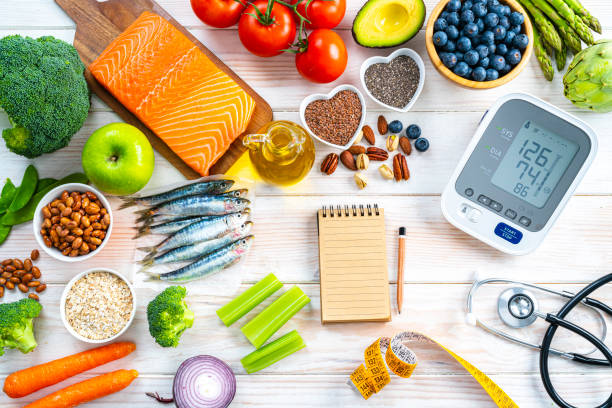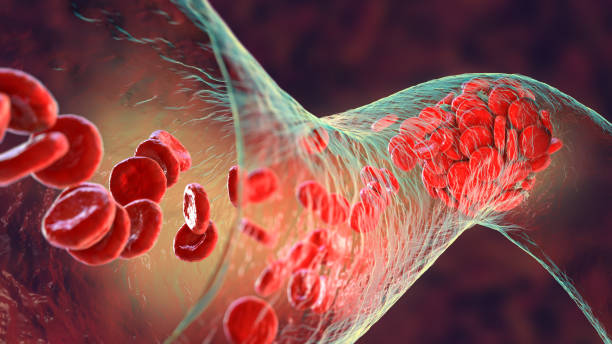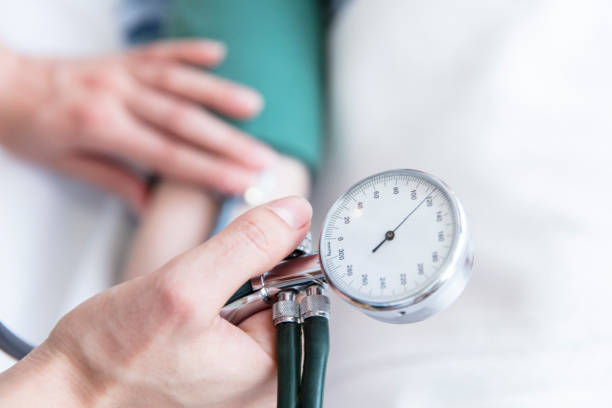One-third of all adults in the United States have hypertension, also known as high blood pressure, and fewer than half of these individuals have it under control.
High blood pressure can harm your health seriously without any prior symptoms.
According to Colin A. Craft, MD, a physician at Penn Heart and Vascular Center Washington Square, “when your blood pressure is too high for too long, it puts you at risk for heart disease, stroke, kidney damage, or aneurysm formation.”
Good news! You can naturally lower your blood pressure by making lifestyle changes.
How to Naturally Lower Blood Pressure
1. Regular exercise helps to improve health
It goes without saying that engaging in regular physical activity keeps you healthy. Exercise not only lowers blood pressure, but also helps you maintain a healthy weight, build a stronger heart, and reduce stress.
Dr. Craft advises trying to get at least 150 minutes per week of moderate-intensity exercise, such as brisk walking.
While walking, jogging, dancing, and other aerobic activities are all beneficial for heart health, try to find an activity you enjoy.
This will encourage you to get up and move around more and make it simpler for you to stick to a routine.
2. Eat less salt
Most people consume excessive amounts of salt without realizing it. The average American eats, according to the American Heart Association, about 3,400 mg of sodium every day. However, the ideal daily limit is less than 1,500 mg, especially for people with high blood pressure. The recommended daily intake is 2,300 mg.
“Even a small reduction in sodium in your diet can help improve the health of your heart and can lower your blood pressure if you have hypertension,” continues Dr. Craft.
Try these suggestions to reduce the sodium in your diet:
Read the food labels. Try to find “low salt” or “low sodium” variations of the usual foods and drinks you purchase.
Eat fewer processed foods. Foods only contain a small amount of sodium naturally. The majority of the sodium we consume—nearly 70%—comes from prepared, processed, and restaurant foods.
Avoid adding salt. 2,300 mg of sodium can be found in just 1 teaspoon of salt. To add flavor to your favorite dishes, use salt substitutes like spices, garlic, herbs, and other seasonings in place of some or all of the salt.
3. Increase your intake of potassium to lower high blood pressure
In addition to regulating heart rate, potassium can lessen the negative effects of sodium on the body.
According to Dr. Craft, potassium helps the body eliminate sodium and reduces tension in the blood vessel walls, both of which contribute to a reduction in blood pressure.

The best way to get more potassium in your diet is through dietary changes rather than supplementation. Foods high in potassium include:
- Fruits such as tomatoes, bananas, melons, oranges, apricots, and melons
- Yogurt, milk, and cream cheese
- Potatoes, sweet potatoes, and leafy green vegetables
- Salmon and tilapia
- Beans
- Seeds and nuts
While including these foods in your diet can help your heart, it’s crucial to discuss the appropriate potassium intake with your doctor. Additionally, you should avoid consuming too much potassium if you have severe kidney disease because your kidneys might not be able to eliminate it.
4. Consume Alcohol in Moderation
According to some studies, moderate alcohol consumption is good for your heart. However, drinking too much alcohol at once can suddenly raise your blood pressure.
Monitoring alcohol consumption is crucial. Alcoholic beverages can have significant calorie and sugar content, which can contribute to weight gain and increased body fat, both of which over time can raise blood pressure, according to Dr. Craft.
If you do drink, the American Heart Association advises men to consume no more than two drinks per day and women to consume no more than one drink per day.
One drink equals one 12-ounce bottle of beer, four-ounces of wine, 1.5 ounces of 80-proof spirits, or one ounce of 100-proof spirits.
You should exercise extra caution when drinking if you are currently taking medication to lower your blood pressure.
Dr. Craft explains that alcohol can lessen the effectiveness of blood pressure medications in addition to having an impact on your blood pressure.
5. Stress Management to Lower Blood Pressure
Everyday stressors like a flat tire in the middle of rush hour or an impending deadline at work can temporarily raise blood pressure. Your heart rate and blood pressure typically return to normal once the stressful situation has passed.

Chronic stress, however, may increase your risk for a number of long-term health conditions, such as high blood pressure, heart disease, and stroke. If you use unhealthy eating, drinking, or smoking as coping mechanisms for stress, your blood pressure may also rise.
Even though it’s impossible to completely eliminate stress from your life, finding healthier ways to deal with stress can have a positive effect on your health and wellbeing, which can then lower your blood pressure.
Among the techniques to lessen or manage stress are:
changing your mentality. Instead of worrying about things you can’t control, concentrate on the things you can. Our worries frequently come from hypothetical situations that might never happen. It can be calming to put those worries in perspective and to remember to be in the moment.
Keeping away from stressors. Try to keep yourself out of situations that would otherwise be stressful. For instance, try arriving at work a few minutes early to avoid traffic during rush hour. Exert gratitude. It often helps to shift the focus away from what we want or what we lack by acknowledging all the good things in our lives. Additionally, showing others your gratitude in public can also aid in lowering your stress levels.
Spend time unwinding and delighting. Make time for the things that make you happy. Find time to include little moments of pleasure throughout the day, whether it be eating a satisfying meal, spending time with loved ones, or listening to an engaging podcast on the way to work.
It’s crucial to keep in mind that if you have chronic hypertension, your treatment may involve making healthy lifestyle changes like these in addition to receiving the care and medications that your doctor has recommended.
Do you have any question please share it with us Here…

